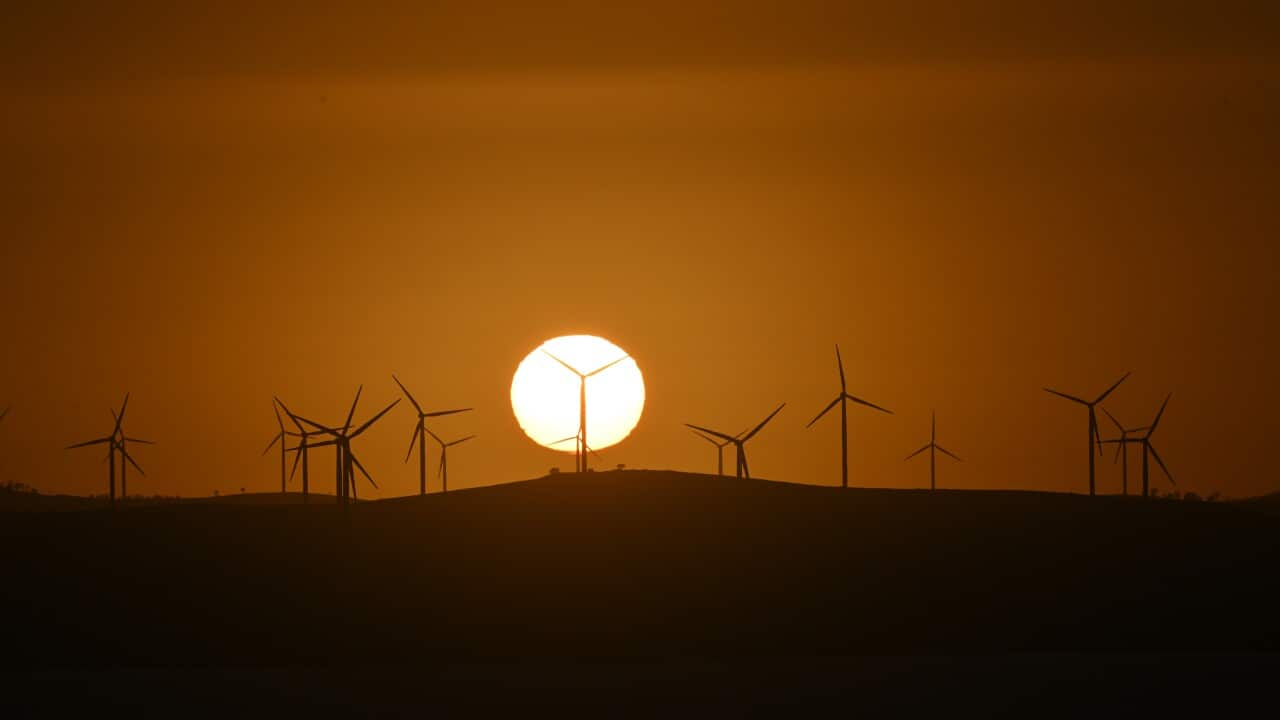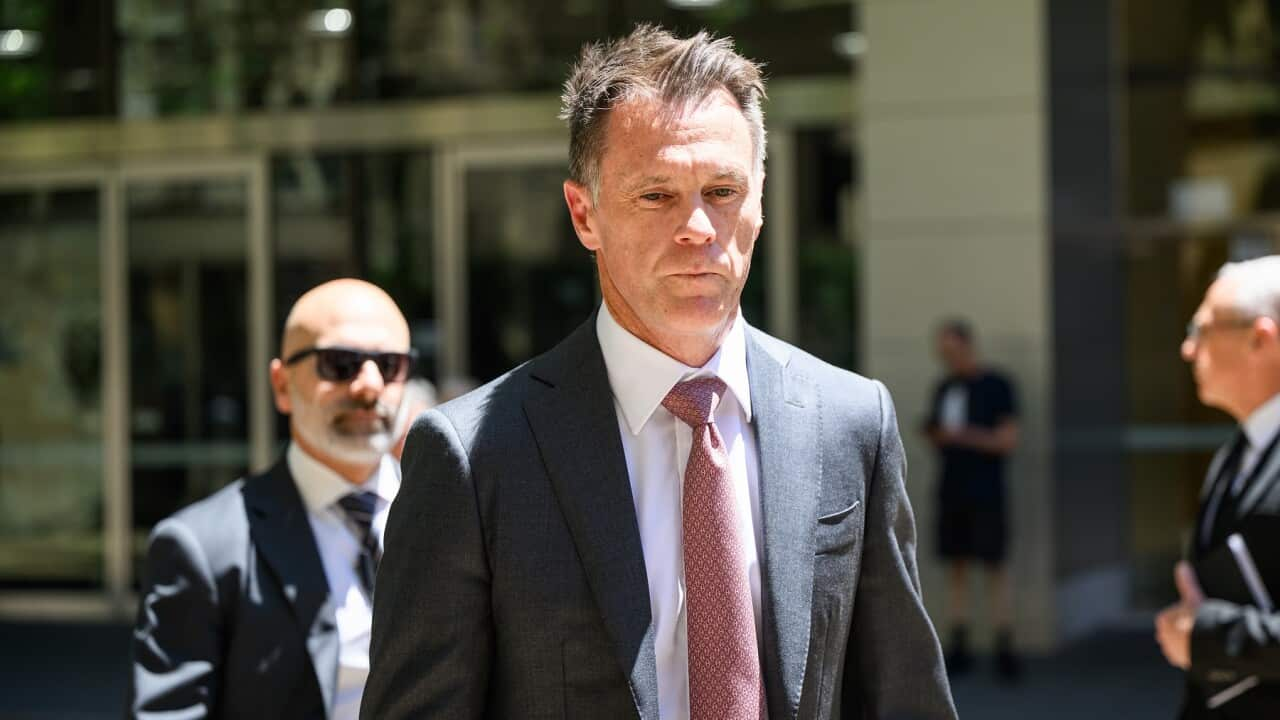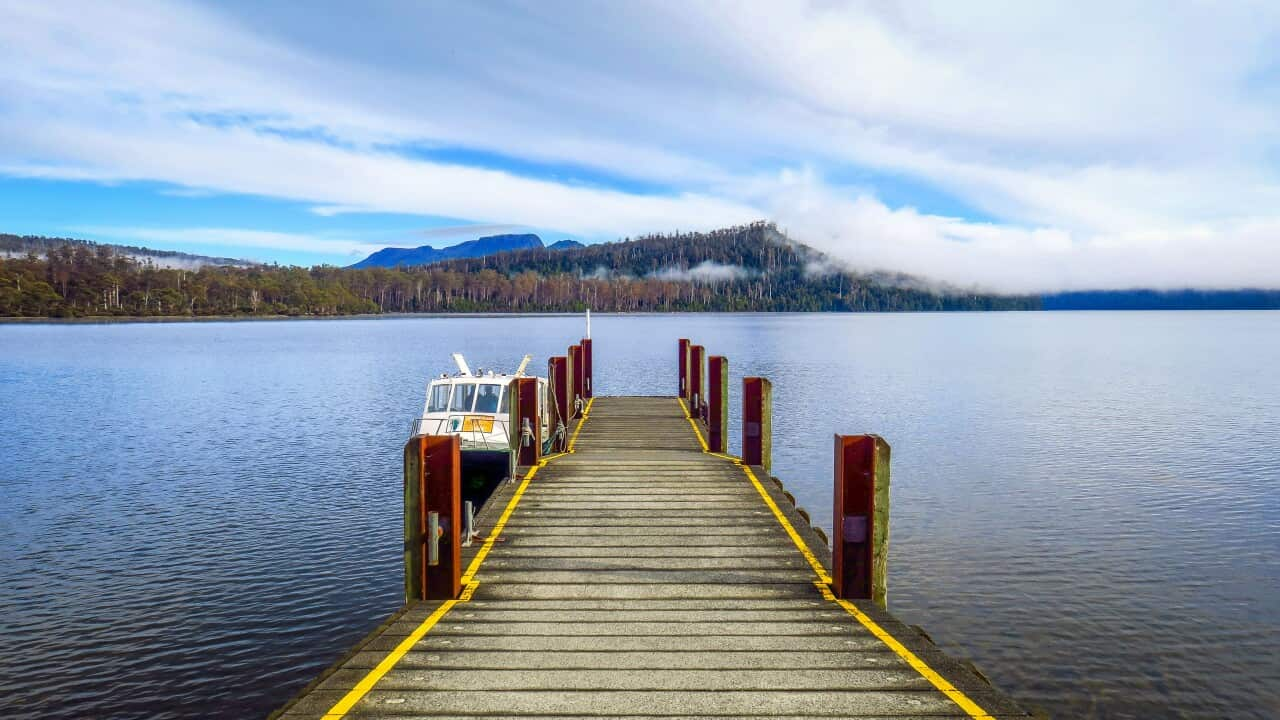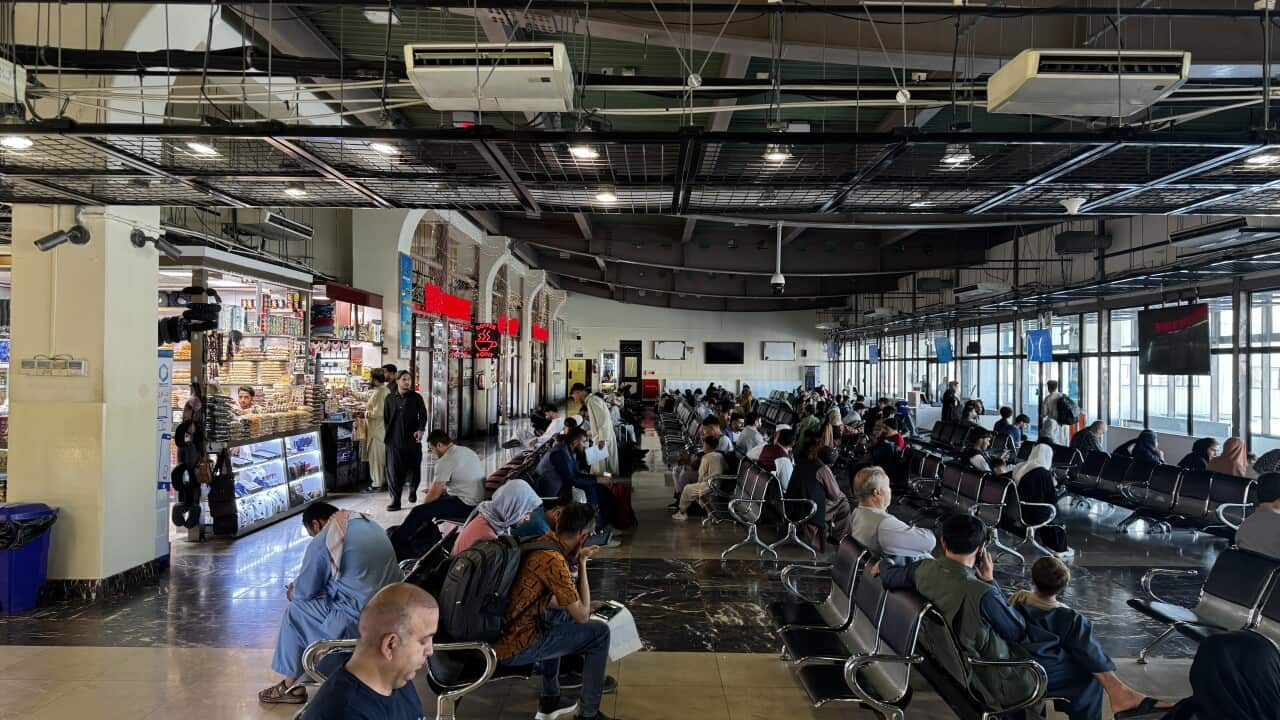TRANSCRIPT
While economic cost is often considered a barrier to the transition to clean energy, a new report from the Productivity Commission suggests getting this transition right could boost Australia's economic growth.
The report from the independent government advisory body, titled 'Investing in cheaper, cleaner energy and the net zero transformation,' outlines a set of steps its authors say would get Australia back on the path to productivity growth by tackling climate change.
Productivity Commissioner Barry Sterland says the report makes an important connection between two of Australia's most pressing issues, lagging productivity, and addressing the impacts of a changing climate.
"Our productivity performance has been really bad. It is critical for income growth and intergenerational equity that we improve our productivity. Performance and climate change also has to be dealt with. It's a long-term issue. The government's made international commitments and Australia needs to meet those. And so what we're trying to do in this report is bring those two things together."
It's the second of five reports due ahead of a federal government summit later this month [[19-21 Aug]] aimed at lifting productivity rates and boosting economic growth.
The report's recommendations include actions to reduce the cost of meeting emissions targets, speeding up approvals processes for new energy infrastructure, and addressing barriers to private investment in the transition to clean energy.
Mr Sterland says the report acknowledges that the transition to green energy infrastructure can and must happen faster and more efficiently.
"The current system has for a long time, there's been a wide recognition that it doesn't really protect the environment particularly well, but it also takes too long for all sorts of projects to navigate and particularly energy infrastructure. The timelines have really blown out and got very long, and that's starting to challenge our ability to develop the clean energy we need to replace the existing aging infrastructure."
He says building Australia's preparedness for future climate impacts by improving processes now is key to the country's future economic prosperity.
"Climate impacts are coming and they're going to affect us no matter what responses happen. Now there's a certain amount of climate response coming into the system, and so we have to start acting early so that we are more resilient and the cost of those natural disasters doesn't keep going up so that we have a more resilient society so that we can still manage to have all the things we really want while addressing those climate impacts."
Climate Council CEO Amanda McKenzie says the report recognises Australians are already feeling the wide-reaching economic impacts of climate change.
"We are seeing right now the impact in South Australia of this massive algal bloom which has been driven by a massive marine heat wave, and that's affecting fisheries. It's affecting tourism and of course the community. We found that annual farm profits across Australia are 23 per cent lower since 2 000 due to climate change and one of the big worries in the community as of course the uninsurability of houses."
She says the Commission suggests a key priority in tackling these rising economic impacts needs to be making Australian houses more climate resilient.
"It says that if we are better prepared, we can cope with disasters more effectively. So it has a series of recommendations that we also endorse creating a central public database for all climate hazards so people have better access to understanding what they're actually exposed to. They also couple that with a recommendation around a star rating system for housing resilience so that homeowners can work out well, what do I need to do to make my house safer."
Mr Sterland says building this resilience is one way to improve Australia's economic position, by lowering disaster recovery costs.
"We've got to start making our society and our economy and our housing stock in particular, which is what we focus on in this report, more resilient to that change so that the human impacts of those disasters aren't as great the disaster spend that all the governments are having to respond in picking up the pieces and assisting communities pick up the pieces after those disasters. And so that is a challenge."
Dani Alexander is the CEO of the Energy Institute at the University of New South Wales.
She says with Australia's current energy infrastructure aging and in need of replacement, the Commission's report acknowledges an important opportunity to make the transition to clean energy benefit the economy.
But she says finding the most efficient and cost-effective way to achieve this transition also requires innovation and research- and currently, Australia's investment in research and development lags behind other OECD countries.
"We've got some of the best minds in energy innovation right here in Australia. But we need to activate our fantastic research and also technology development capabilities to get more from our energy projects, which is what productivity is all about. Unfortunately, we haven't seen this opportunity highlighted in the interim report or indeed even the latest update from the strategic examination of R and D (research and development."
She says the Productivity roundtable later this month gives the Australian government a chance to invest in finding new solutions to tackle climate change and boost productivity.
"I would really hope that the people around that table are looking very closely at our innovation opportunity I really feel like this is something that is not high enough on the priority list and if we are able to unlock the research but also novel technology solutions that we have at our fingertips that sit with an institutions ready to be unlocked Will actually be able to address a lot of the productivity challenges that have been highlighted in this report."













